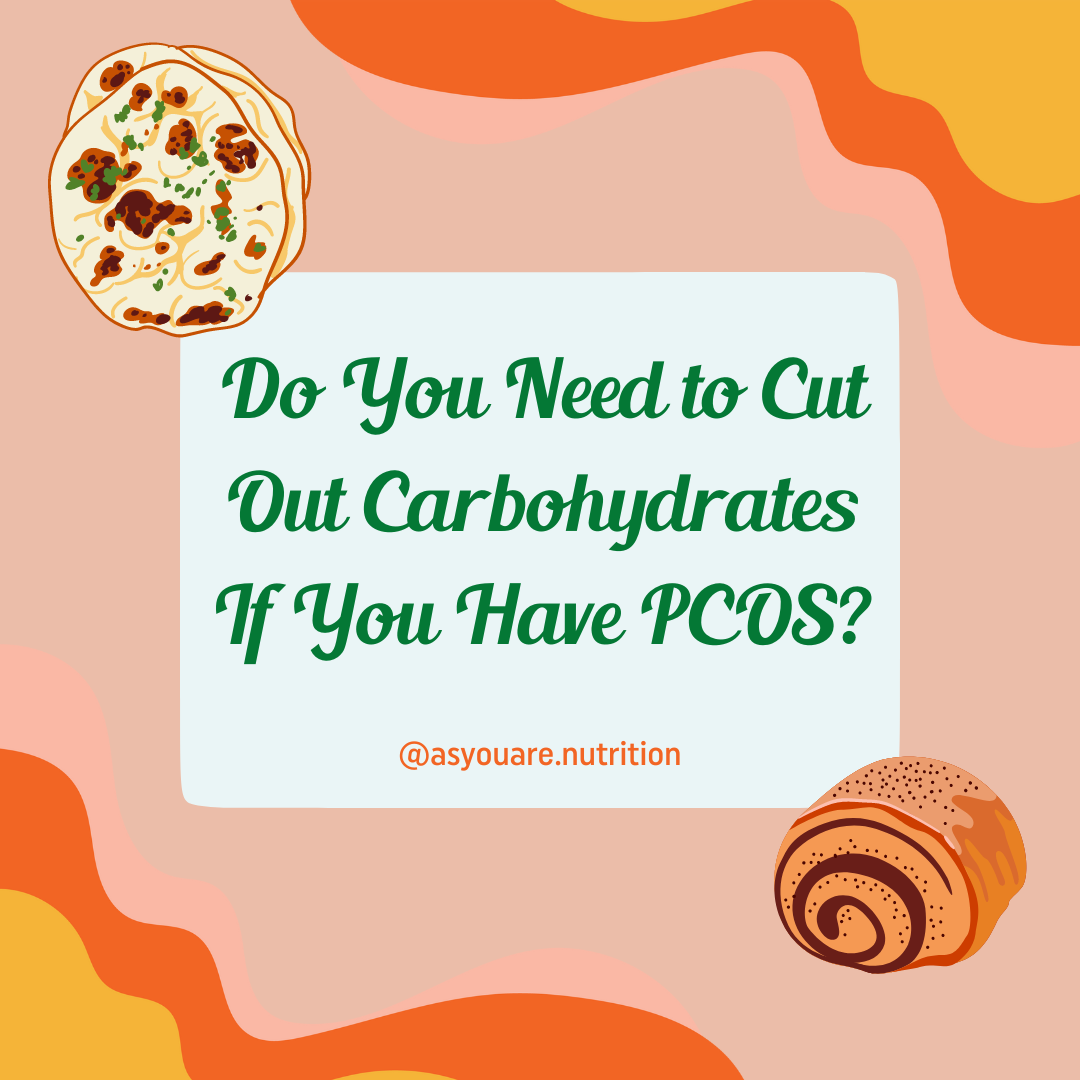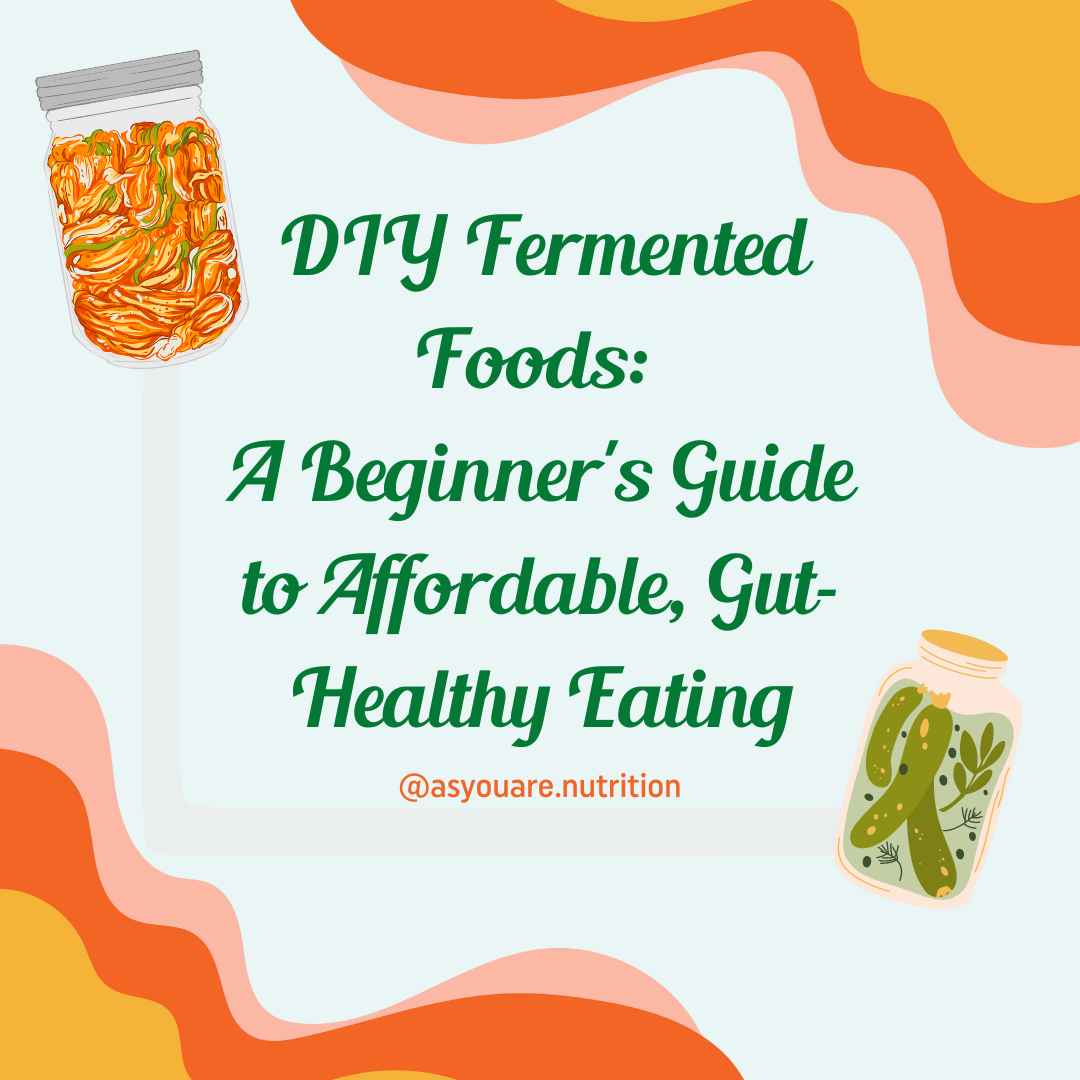Welcome to Our Blog!
Here, our team of Registered Dietitians shares insights, tips, and real talk on all things nutrition. From myth-busting and cooking hacks to eating disorder recovery and compassionate wellness support — there’s something for everyone on their health journey.

How do I talk to my child about food?
Parents play a crucial role in shaping children’s relationship with food and their body. In a society that often emphasizes weight and appearance, it’s essential to foster and model a relationship with food that prioritizes overall wellbeing rather than weight.

Sipping Into Summer: Boosting Your Hydration
Staying hydrated is vital for our overall health and wellness, however it's not just about guzzling down liters of water every day. Hydration is about balance and ensuring our bodies have what they need to function optimally.

How to Respond to Diet and Weight Loss Talk When Struggling with Your Relationship with Food
Navigating social events where diet and weight loss conversations are prevalent can be challenging, but it is possible to prioritize your recovery and protect your emotional well-being.

Unraveling the Truth: Debunking 9 Nutrition Myths
Nutrition is a field that is filled with common misconceptions and myths. Let’s take a step towards a more informed future and debunk 9 myths that I’m sure we’ve all heard at some point in our lives.

Sitting in the Suck: Breaking the Bonds of Diet Mentality
If you’ve ever gone through a grief process, you probably experienced “sitting in the suck”; this process can also be called distress tolerance.

(Some Of) Our Favorite Book Recommendations
Our favorite body image, nutrition, intuitive eating, and eating disorder books.

Menu Planning in Eating Disorder Recovery
In this blog post, we will explore the importance of menu planning in eating disorder recovery, highlighting its benefits and providing practical tips for creating a nourishing meal plan.

Do You Need to Cut Out Carbohydrates If You Have PCOS?
Low-carbohydrate diets may have some drawbacks, such as nutrient deficiencies, disordered eating, and limited effectiveness. The non-diet approach to PCOS and carbohydrates offers a more balanced, flexible, and sustainable approach to blood sugar management and overall health.

The Restrict-Binge-Shame Cycle
The restrict-binge-shame cycle is complex and driven by a combination of psychological, emotional, and physiological factors.

DIY Fermented Foods: A Beginner's Guide to Affordable, Gut-Healthy Eating
We’re hoping this blog post helps you to better understand fermented foods so that you can make informed choices about including them into your diet if you want to, not because you “have” to.


